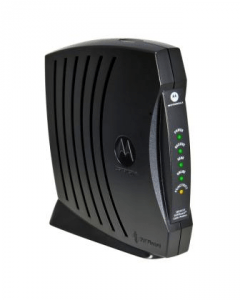 A California woman is suing Verizon Communications for selling her faster Internet service, at a higher price, the company cannot actually deliver.
A California woman is suing Verizon Communications for selling her faster Internet service, at a higher price, the company cannot actually deliver.
Patricia Allen of Santa Monica filed suit in Los Angeles after Verizon sold her an upgrade to her current DSL plan that turned out to be anything but. Allen was paying $23.99 a month for 768kbps service, but in March, 2011 Verizon promised they could give her a speed upgrade to 1.5Mbps for $11 more per month.
Exactly one year later, Allen learned her “upgraded service” performed no better than her original Internet plan, which itself only managed around 500kbps, and called Verizon to complain.
Verizon technicians quickly responded Allen could never get the benefits of a faster speed plan because she lived at least two miles from her local Verizon central office. DSL speeds degrade with distance and can also be impacted by the quality of the landline network Verizon maintains in southern California. Because Allen lives too far away to receive anything better than 700kbps service, she was advised to downgrade her $34.99 DSL plan back to the one she started with.
Allen requested a refund for the extra $11 a month she was paying for the last year for promised speed improvements Verizon never delivered, but the company flatly refused her request. Allen is now taking her case to the California courts, and her legal representatives are seeking to have the case designated a class action covering all Verizon landline customers in California who, like Allen, are paying for Verizon-marketed speed upgrades they actually cannot receive.
The suit claims Verizon is well aware it is selling speed upgrades to customers who live too far away from the company’s facilities to actually benefit from the enhanced service, and pockets the proceeds without delivering improved service. The suit alleges Verizon is engaged in unethical, unscrupulous, immoral, and oppressive business conduct in violation of California state law.
Verizon’s spokesman Rich Young called the lawsuit “baseless and without merit.”


 Subscribe
Subscribe



